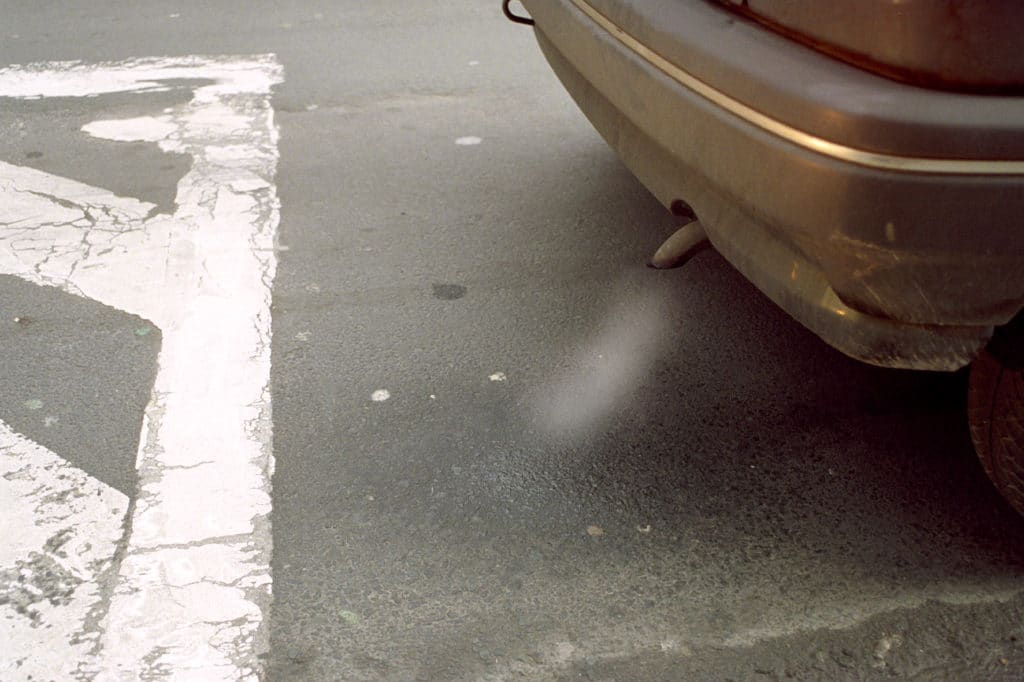POLIS signs joint NGO letter for a robust Euro 7 emission standard
Ahead of the upcoming debate within the European Parliament's Committee on the Environment, Public Health and Food Safety, POLIS, together with six other health, consumer and environmental organisations (EPHA, Transport & Environment, Eurocities, BEUC and ECOS), raised their concerns on the weakening of key provisions of the Euro 7 proposal within the draft committee report.
The proposed revision of the Ambient Air Quality Directive (AAQD) reduces air pollution limits to more closely align with the World Health Organisation’s guidelines. This is a challenge for public authorities, as there are still many areas where air pollution levels fail to comply with the current AAQD legislation. As such, it is fundamental to provide cities and regions with the necessary tools to successfully safeguard the health of EU citizens.
Air pollution from road transport prematurely kills 70,000 people in Europe every year and causes a multitude of serious diseases including cardiovascular diseases, stroke, chronic obstructive pulmonary disease, lower respiratory infections, cancer, diabetes and asthma in children resulting in billions in societal and healthcare costs. It also disproportionally affects the poorest, and most vulnerable, citizens. Therefore, it is imperative to avoid reducing the level of ambition of the European Commission's Euro 7 proposal if we want to meet the needs of our cities and the rights of our citizens. A recent study by Transport & Environment demystifies the Automaker Industry's claims that Euro 7 standards won't significantly improve the quality of the air we breathe.
As previously stated, POLIS believes that an ambitious, robust Euro 7 is the best possible option for Europe, and will lead to cleaner cities, more efficient, sustainable mobility systems, improved air quality and excellent health and well-being. But for this, we need to ensure:
- A meaningful Euro 7 emission standard that fully delivers significant reductions in ICE vehicles’ exhaust and non-exhaust emissions;
- A swift adoption of the regulation to help public authorities with the new air pollutants limits set in the revised Ambient Air Quality proposal;
- A fit-for-city regulation with simplified Euro 7 standards that support local governments at the time of setting up low-emission zones.
You can scroll down below to read the full letter.
If you have any questions, please contact Ivo Cré (Director Policy & Projects - Coordinator Access) and Pedro Gomes (Project manager - Coordinator Clean vehicles & Air quality Working Group) from POLIS Network.
